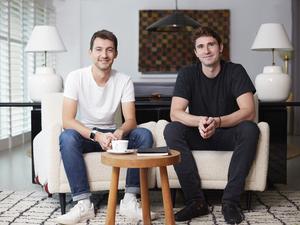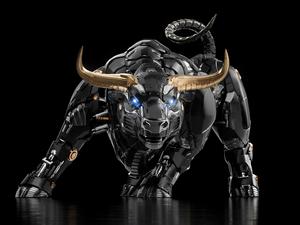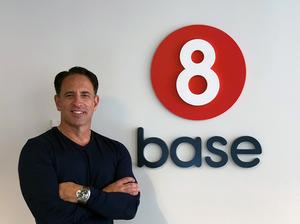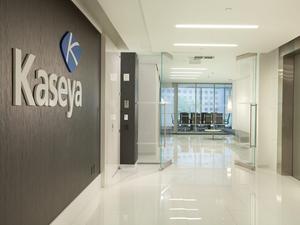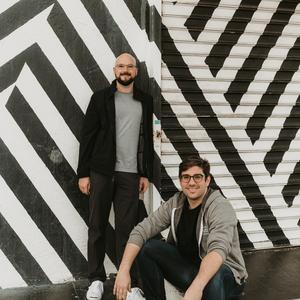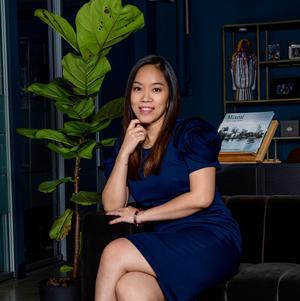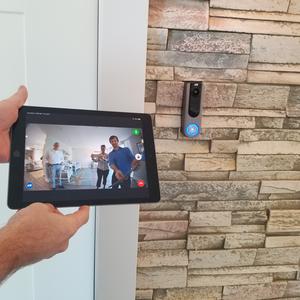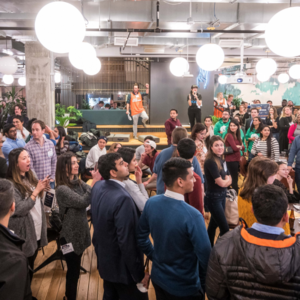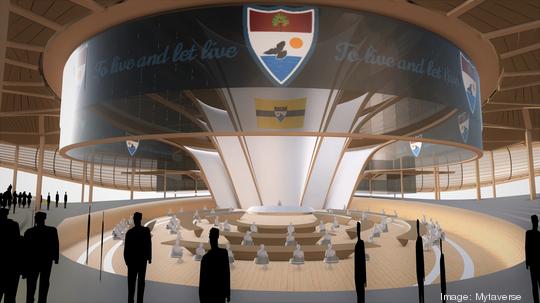
A South Florida company is behind the creation of what it says is the first Libertarian state in the metaverse.
That's the idea behind the Liberland, a digital extension of a self-declared micronation of the same name located on 2.7 square miles of disputed land between Croatia and Serbia. Miami startup Mytaverse teamed up with design firm Zaha Hadid Architects to create a virtual world where Liberland citizens can interact, work and play.
The Free Republic of Liberland, as it is officially known, was proclaimed a micronation in 2015 by Czech right-libertarian politician and activist Vít Jedlička. The country, more of an idea than an actual reality, was founded on a belief that government should be limited so as not to interfere with the freedom of its citizens.
"We were able to create the first expression of Liberland in the metaverse," said Mytaverse co-founder and CEO Kenneth Landau.
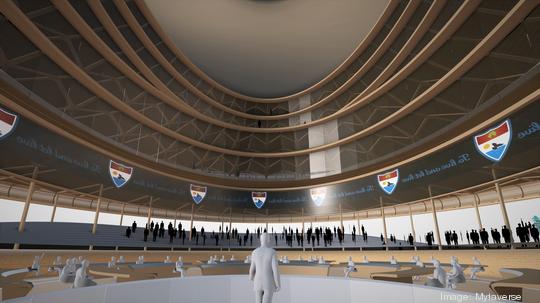
Beginning April 16, people who become Liberland citizens will be able to register businesses, order passports and e-residency cards, and rent or buy offices in the central business hub of the Liberland metaverse, with ownership tracked on the blockchain. Right now, visitors can collaborate in the metaverse's 5-story "cyber incubator," a place where investors and architects can meet and design buildings and public spaces for the virtual world.
Liberland itself has already accepted more than 600,000 people who hope to become future citizens of the micronation. The country will be led by a governing body comprised of its citizens and use cryptocurrency as its national currency, part of a decentralized economy free from central banks.
"Liberland Metaverse will be our citizens' virtual home, drawing all our engaged communities together in an enriched extension of our country," said Jedlička, who calls himself the president of Liberland.
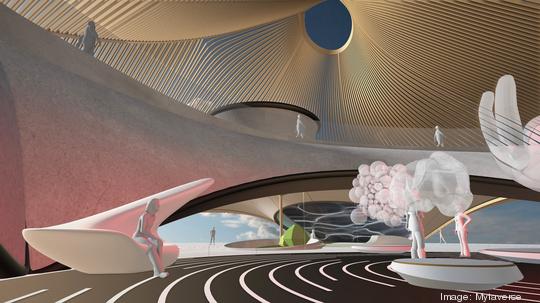
When it's not building virtual companions for up-and-coming nations, Mytaverse focuses on creating meeting spaces for businesses. Founded in 2020, the startup builds 3D platforms that enable users to interact via a personalized avatar. The company's digital worlds are accessible directly on an internet browser – no VR headsets required.
Mytaverse launched during the Covid-19 pandemic when travel restrictions prevented businesses from holding in-person meetings. To fill the gap, it created virtual meeting spaces, auditoriums and showrooms built to host everything from one-on-one conversations to large corporate events.
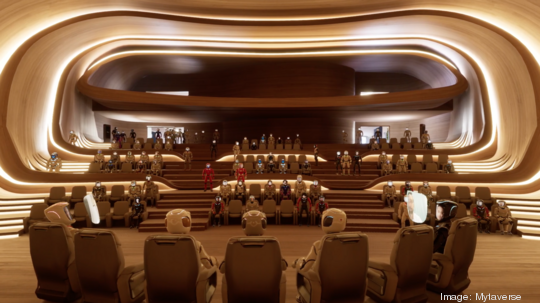
Landau said there are plenty of use cases. One of its customers, a company selling a jet, used Mytaverse to give a potential buyer a realistic tour of the aircraft in a virtual showroom. That's easier – and far less expensive – than transporting the actual jet to a physical showroom without knowing if a potential customer is serious about making a purchase.
"You can use this technology to bring a customer closer to the product for the first interaction and validate whether this is a real buyer," he said.
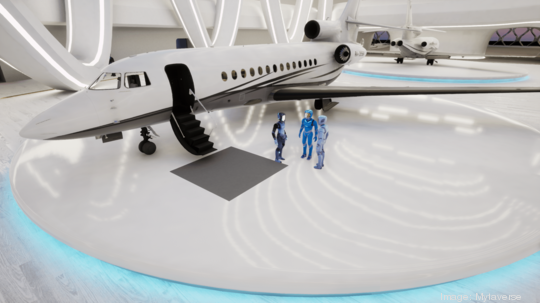
Metaverse meetings are also an alternative for businesses with employees who may be experiencing "Zoom fatigue," Laudau said. Interacting through digital avatars, instead of video conversation, prevents people from having to see themselves on camera, one of the causes of the Zoom fatigue phenomenon.
Eventually, Mytaverse aims to create a self-service model of its platform that would make it possible for customers to create their own virtual environments from the ground-up.
"The goal is to turn this into an automated platform solution [where] customers can build their own world and assets," Laundau said. "That's what we're working on now."
For more stories like this one, sign up for Miami Inno newsletters from the South Florida Business Journal and the American Inno network.
